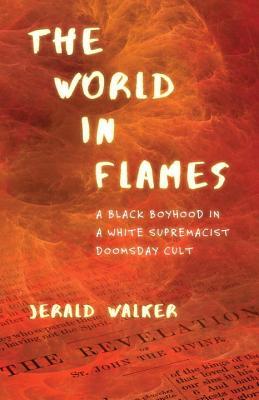What do you think?
Rate this book


208 pages, Hardcover
First published September 6, 2016
In Noah’s day, the chief cause of the violence and chaos of world conditions was racial hatreds, interracial marriages, and racial violence caused by man’s efforts toward integration and amalgamation of races, contrary to God’s laws. God had set the boundary lines for the nations and the races at the beginning (Deuteronomy 32:8-9; Acts 17:26). But men had refused to remain in the lands to which God had assigned them. That was the cause of the corruption and violence that ended that world. For 100 years Noah had preached God’s ways to the people—but they didn’t heed.
At that time, even as today, that world faced a population explosion. It was when “men began to multiply on the face of the earth” (Genesis 6:1). Jesus said, of our time, right now, “But as the days of Noe [Noah] were, so shall also the coming of the Son of man be” (Matthew 24:37)—or, as in Luke 17:26, “And as it was in the days of Noe, so shall it be also in the days of the Son of man.” That is, the days just before Christ returns. Today race wars, race hatreds, race riots and race problems are among the world’s greatest social troubles.
Noah merely preached to people in his human lifetime. But Noah, in the resurrection, immortal, in power and glory, will be given the power to enforce God’s ways in regard to race.
It seems evident that the resurrected Noah will head a vast project of the relocation of the races and nations, within the boundaries God has set, for their own best good, happiness and richest blessings. This will be a tremendous operation. It will require great and vast organization, reinforced with power to move whole nations and races. This time, peoples and nations will move where God has planned for them, and no defiance will be tolerated.